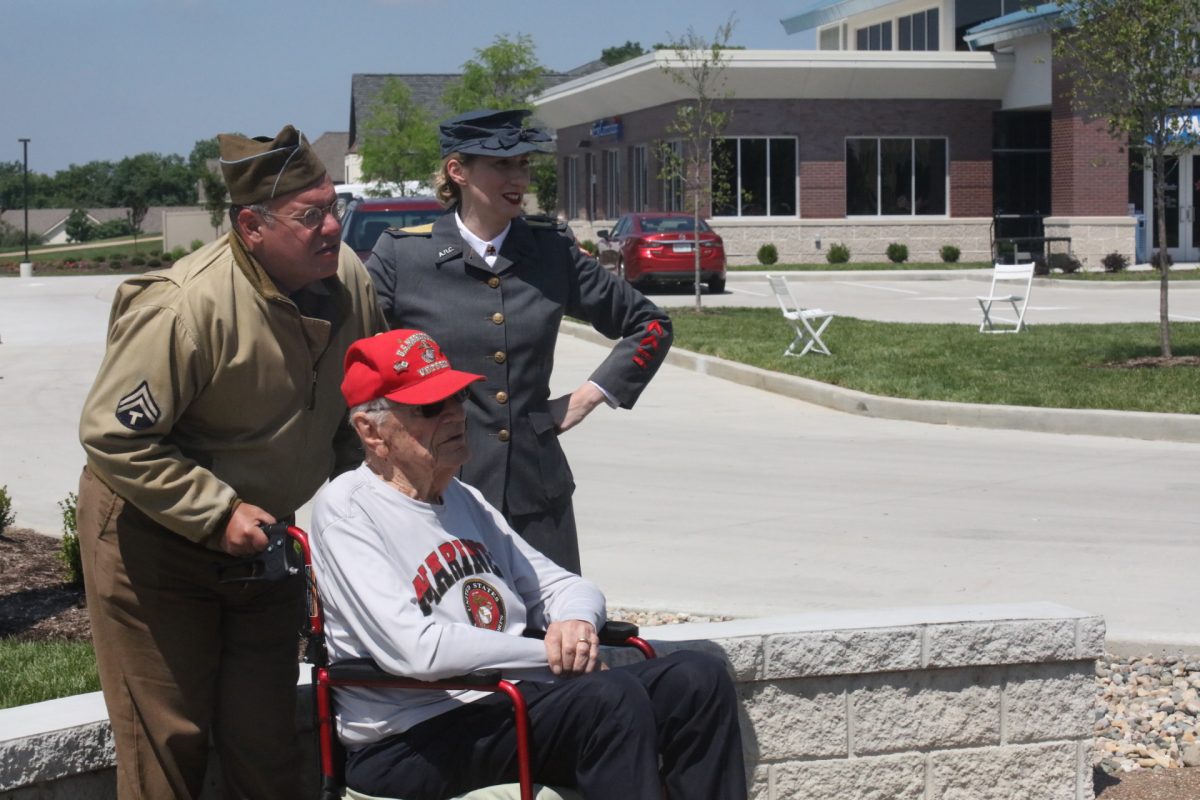County voters will consider a public smoking ban Nov. 3 that, if passed, would apply to all restaurants but exempt casino floors and most bars.
Proposition N asks residents to approve an ordinance that prohibits lighting up in all enclosed public places but excludes casino gambling floors, bars where food makes up no more than 25 percent of gross sales and Lambert-St. Louis International Airport’s smoking lounges.
The ordinance also contains exemptions for private residences, private nursing-home rooms, private clubs, cigar bars and performers who smoke on stage as part of a production.
Bars that wish to be excluded from the ban must have opened for business on or before the ban’s Jan. 2, 2011, effective date; apply for a “certificate of exemption” with the Department of Revenue; and pay a $35 application fee.
Once given exemption status, bar owners have 100 days to submit to the DOR “a signed and notarized statement … identifying the actual gross revenue and liquor sales for the previous 90 days of operation.” Further, bar owners must place their DOR exemption certificate “in a place visible to the public from its exterior.”
Those caught smoking in non-exempt places will be fined $50 for each offense, according to the ordinance.
Businesses found in violation of the ordinance will be fined $100 for the first offense, $200 for a second violation within one year and $500 for each subsequent violation within one year.
Prop N began as a County Council bill introduced by 5th District Council Vice Chair Barbara Fraser, D-University City.
Councilmen voted 4-3 to put Prop N on the ballot. Joining Fraser in voting “yes” were 3rd District Councilman Colleen Wasinger, R-Town and Country; 6th District Councilman Steve Stenger, D-south county; and 7th District Councilman Greg Quinn, R-Ballwin.
First District Chair Hazel Erby, D-University City; 2nd District Councilman Kathleen Burkett; and 4th District Councilman Mike O’Mara were opposed.
Fraser’s bill is the first countywide smoking ban measure to make it all the way through the council in recent years. Her predecessor in the 5th District seat, Republican Kurt Odenwald, sponsored unsuccessful smoking-ban legislation in 2005 and 2006. Had they passed, those ordinances would have established countywide bans without a public vote.
Although she would’ve preferred a smoking ban with no exemptions, Fraser has said she had to be “practical” to move her effort through the council and onto the ballot.
Smoking already is prohibited in county-controlled buildings, the result of an ordinance passed in 1995. County seat Clayton, home to several of those buildings, passed its own citywide smoking ban earlier this year. That ordinance, scheduled to take effect next July, bans smoking in all enclosed public places except for private residences, clubs that require paid membership, outdoor dining areas, stores that mostly sell tobacco products and a limited percentage of city hotel rooms.
Besides Clayton, Ballwin is the only other city in the county with a public smoking ban. Kirkwood could be next if residents approve a referendum next month.
Other cities seem to support the countywide ban. In January, the council received communication from the mayors of Olivette, Creve Coeur, University City, Over-land and pre-smoking ban Clayton in support of such a measure. A smoking ban in St. Louis city is contingent upon the establishment of one in the county.
Smoking ban supporters and opponents alike have indicated they are unimpressed with the exemptions in Prop N.
Erby, Burkett and O’Mara all have said Fraser’s legislation was hastily put together and is unfair to the business community and employees at workplaces where smoking still would be allowed.
Owners of businesses that wouldn’t be exempt from the ban, such as bar-and-grill establishments, claim the ban would cause them to lose business and/or shut down completely.
“The overwhelming majority of county bar and restaurant owners and their staff oppose this smoking ban,” said Bill Hannegan, director of personal freedom advocacy group Keep St. Louis Free, in a statement. “They have seen the economic harm smoking bans have caused in Ballwin, Arnold, Columbia and Illinois and fear similar losses in St. Louis County.”
Hannegan repeatedly has told councilmen that the smoking ban, if approved, could be challenged as unconstitutional in court. He and other smoking-ban opponents comprise the campaign committee “Citizens Against Proposition N,” organized by political activist Tom Sullivan.
Meanwhile, the American Cancer Society, American Lung Association and American Heart Association — all of which prefer comprehensive smoking bans — have expressed their disappointment with the proposed county ban. After the legislation’s passage by the council, the groups released a joint statement calling the bill “flawed” and urged County Executive Charlie Dooley to veto it.
Dooley, however, endorsed the bill and said the county “has a responsibility to lead by example and this measure puts us on a course to address this important public health issue, which, in the end, could help us get a more effective statewide smoking ban.”
He added that county voters “deserve to have their voices heard” on the matter.
Stenger has said he is pleased with the proposed ban, and that south county residents can vote on it. He told the Call that the bar and casino exemptions reflect the “economic reality of the situation for our district, the interests of our district, the people of our district, the businesses of our district.”
A comprehensive county smoking ban may have negatively impacted south county’s numerous small bars, as well as Pinnacle’s River City Casino in Lemay, slated to open in January, Stenger has contended.
Prop N supporters say the proposed smoking ban, despite its exemptions, is a strong first step toward clean air.
While Hannegan stated Ballwin bars and restaurants have suffered because of the city’s smoking ban, attorney and former Ballwin Alderman James Robinson told the Tesson Ferry Township Republican Club earlier this month that business in some establishments has increased.
He said business at French Quarters Bar and Grill in Ballwin has increased 60 percent since the city’s smoking ban took effect in 2006.
Robinson said cigarettes likely wouldn’t be allowed had they been introduced in today’s society, given their health hazards and highly addictive nature.
“Smoking alters the air to something that does not exist naturally,” he said.







